How to make coconut shell candles
Jungle Culture works with artisan craft manufacturers in Vietnam to produce a range of stunning coconut shell candles & coconut shell tea light holders. Since we started selling our candles, we have received a ton of requests, asking us to produce a tutorial blog so that you can all make your very own coconut shell candles at home! So here goes…
Why should I make a coconut shell candle?
It’s a good question. Why not just buy a candle?
Well, you could buy a candle and there’s nothing wrong with that, but if, like us you’re interested in crafting and you love the rewarding feeling of making something with your own hands then why not give it a shot! Just once maybe?
When you’re making your coconut shell candles, they’re endlessly customisable in scent and style. What’s more, they make an incredibly thoughtful valentine’s day gift for that special someone. Especially someone who has been stuck inside during the pandemic and could use a touch of the beach in their home!
Firstly, here is a list of supplies that cover everything you need to make coconut bowl candles:
Supply List
- One coconut
- One packet of candle wicks
- One packet of candle-making soy wax
- One bottle of fragrance oils or essential oils
- One pair of chopsticks (or two thin / long objects of equal size)
- One pair of scissors
- One spoon / spatula
- A sharp serrated knife
- Sandpaper
- A double boiler
- A thermometer
Where do we source our coconut shell candles?
Once you have your supplies, you’re ready to start making an eco-friendly coconut shell candle! Before we get started, let’s quickly take a look at where your coconuts were grown, harvested and ultimately turned into beautiful coconut bowl candles.
All of our coconut products are grown and produced in a region of Southern Vietnam called Bến Tre, a coastal province that sits in the Mekong Delta. The region is naturally irrigated by the abundant waterways that zig and zag through Southern Vietnam, meaning that very little (if any) water is used to cultivate coconuts in Bến Tre.
The vast majority of coconuts grown in Bến Tre (also known as the Kingdom of Coconuts) are harvested for their byproducts. Their oils, milks and meat are all common ingredients used in the beauty industry.
In years past, once the coconuts were harvested, the farmers would burn the shells as they were considered to be waste. Now, instead of being burned, Jungle Culture has stepped in and uses the shells and wood from the trees to create coconut bowls, coconut candles, coconut tea light holders and reusable cutlery! Every candle is different, but if you're interested, check out our in-depth analysis of the question, are candles eco-friendly?

Take a look at the stunning scenery in the Kingdom of Coconuts, and meet our chief designer and farm owner (affectionately named “Mr Coconut”).

How to make a coconut shell candle
Step one: Prepare your work surface
Before you get started, make sure that you have a clean work surface.
Remove any objects that you’re not comfortable getting wax on as it can be a real pain to clean off!
If you’re worried about getting candle wax on your surfaces then you can put down some newspaper or a decorating cloth.
Step two: Preparing your coconut
Now that you’ve got a clean workspace, chop your coconut in half, roughly at the centre point. This may be a little bit difficult the first time, so make sure that your coconut is well positioned on a stable surface. Go slow and steady.
Ideally, cut your coconut over a bowl or bucket and collect the coconut water so that you can drink it later while you’re relaxing with your candle! (Super tropical right?)
Once your coconut is chopped in half, use your spoon to remove any coconut meat from both sides and use the sandpaper to rub away the coconut husk. Pay particular attention to the bottom ends of your coconut, making sure to rub extra hard on both sides so that your coconut candle will balance nicely on a smooth surface.
Here is a video demonstrating how to cut a coconut.

Step three: Measuring your wax
Super simple. Take one half of your coconut shell and fill it up with wax to around the ¾ mark. Double that amount of wax and that is how much you’ll need for each candle.
Once you have the correct amount of candle wax measured out, put it into your double boiler pot and start melting. What’s a double boiler you ask? Find out here.
Stir your wax for 10-15mins and allow it to completely melt.
Step four: Adding your scents
Once your candle wax is melted you can add some fragrance oils or essential oils. Some essential oils are more sustainable than others. You can check the best ones to buy in our guide that walks through are candles eco-friendly? Your candle wax packet should offer clear instructions, letting you know how much oil to add. However, these are just guidelines and you can add more or less fragrance oils to make your candle smell stronger or weaker. For the first attempt, let’s follow the instructions on the packet!
Here is some inspiration for choosing which scents to use!
Step five: Attach your candle wick
Dip the metallic end of your candle wick into the melted wax. Use the hot wax to stick your wick to the centre of your coconut shell candle. After 5 minutes the wax will harden and should stay relatively steady without the need to hold it.
If you’re having trouble with this step, try using a bit of glue or blue tack to hold your candle wick down.
Step six: Pour in your wax
Before you pour your wax, let it cool down slightly. Use your thermometer to measure the temperature of the wax and once it hits 140 degrees you are ready to start pouring!
Pour around 75% of your candle wax into your two coconut shell candles. Make sure that you are holding the candle wick to keep it steady whilst you pour otherwise the wick will fall over and you may need to repeat the previous steps.
Step seven: Keeping your wick in place
Once your candle is filled with melted soy wax, cut the wick using a pair of scissors so that the top of the wick stands around a few centimeters above the edge of the coconut shell. Later on, once your coconut candle is made you can cut the wick a little bit more.
Take the chopsticks and position one on either side of your candle wick. Wedge them together to keep the candle wick firmly in place.
Step eight: Add a bit more wax
You may notice that the top of your coconut shell candle has a few cracks, marks, blemishes on the waxy top. Not to fear! That’s why we saved 25% of the wax for the end.
Pour the rest of the wax on the top of your candles and allow it to harden.
Cut the candle wick to around 2-3cm above your wax and leave to harden.
Your candles will be ready in 4-5 hours time. Make sure you’re ready with a cold glass of coconut water and a bowl full of juicy coconut meat!
For more candle making ideas, we’ve found an incredible Pinterest contributor who has gathered up a limitless collection of candle making ideas.
Or, for those of you that are more visual, here is a video guide to creating a coconut shell candle.
Can I sell my candles online or at local markets?
So, you may be thinking, I enjoyed making those candles, they smelled great, looked great, why not sell them?
The good news is… You can! Candles are always in fashion and people love novelty style candles. So why not sell them! You just need to abide by a few UK regulations to make sure that a hobby doesn’t quickly turn into a disaster!
- Compliant labelling
Make sure that your candle is labelled correctly. Every candle sold in the UK must have a safety warning label on the candle itself, not the packaging.
Luckily safety labels for candles are easy to find. You can buy compliant labels here.
- Safety Data Sheets
According to UK, EU & US law, every candle manufacturer needs to be able to produce a SDS (Safety data sheet) if they are requested to do so by a customer or client. Failing to do so will land you in a bit of trouble with trading standards and can make you liable if your candle causes any accidents. Annoyingly, you’ll need an SDS for every blend of ingredients that you’re selling.
Safety data sheets are quite a complicated business, so it might be easier to pay for a specialist to create one for you. You’ll need to provide them with a list of ingredients and they’ll handle the entire process for you. The total cost depends on the complexity of the candle, but you can contact a UK-based service here for a quote.
- Craft Insurance
Whether you plan to retail your candles online, at markets or in a local shop, you have to have craft insurance. Imagine what would happen if somebody’s dog knocks over one of your candles and burns their house to the ground. Would you be liable? If you’ve included all the relevant labelling then you may not be, but that won’t stop somebody taking you to court, which could cost thousands of pounds.
For small business and craft insurance, you may not be able to go through one of the big insurers as assessing this type of risk is considered a specialty area in insurance. Contact Craft Cover and they’ll provide a competitive and reliable quote.
- Telling customers who you are
In the UK, the law dictates that any product sold must contain contact details for the company that sold it. This includes the company name, address, email and a contact telephone number.
If you’re an online business, you can make this available on your webpage, but make sure it’s easily accessible for your customers and not hidden away in a blog post. You’ll also need a return’s policy that offers customers at least 14 days to return their candle.
Once you have covered these 4 areas, you’re ready to get started selling your candles. If you just want to retail some beautiful candles however, you can find more information about our coconut shell candles wholesale or our coconut bowls wholesale on our website!

Making creative candles
At this point you might be wondering what else the world of candle making has to offer.
Here are some great options for adding a little something extra to your candle making experience.
Resources:
How to make floral candles using real flower petals
How to make hidden treasure candles
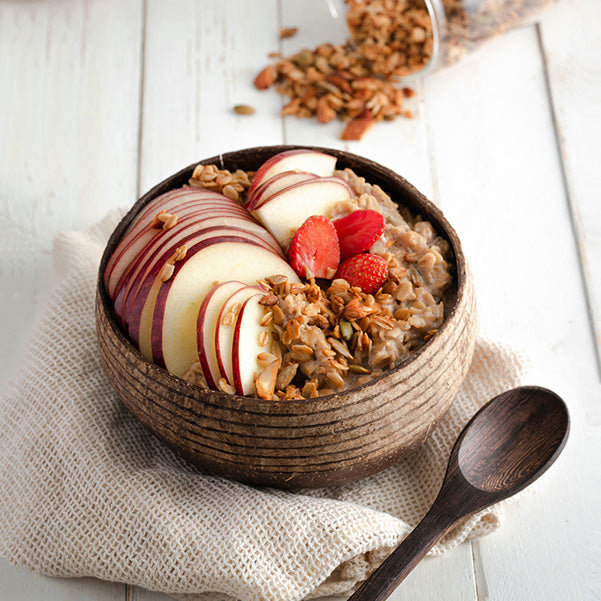
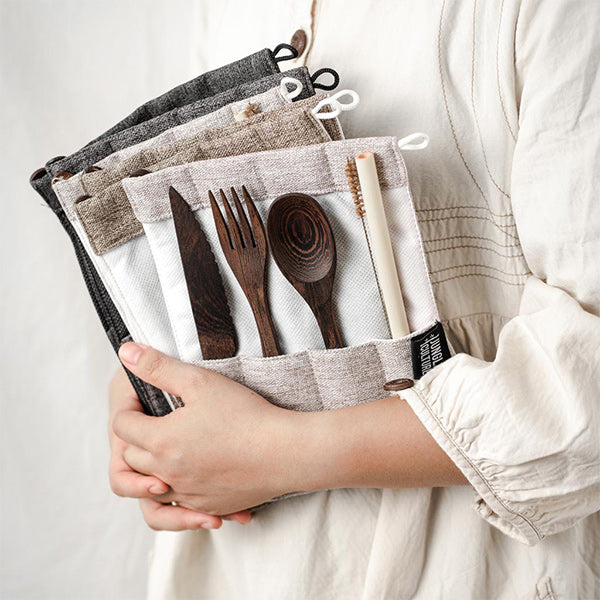
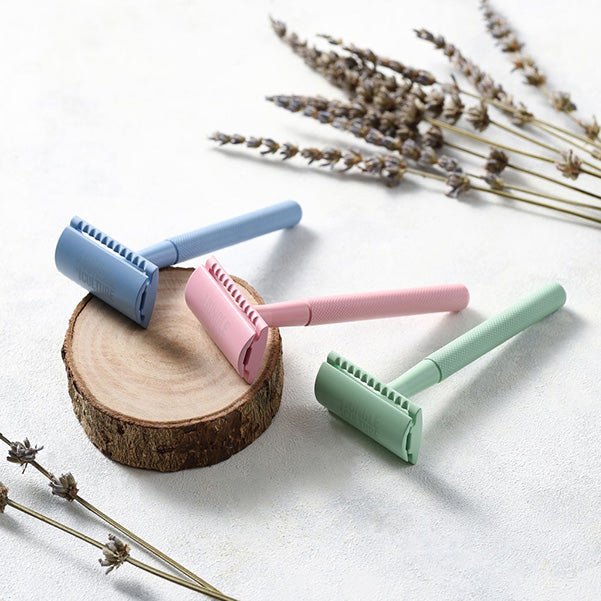
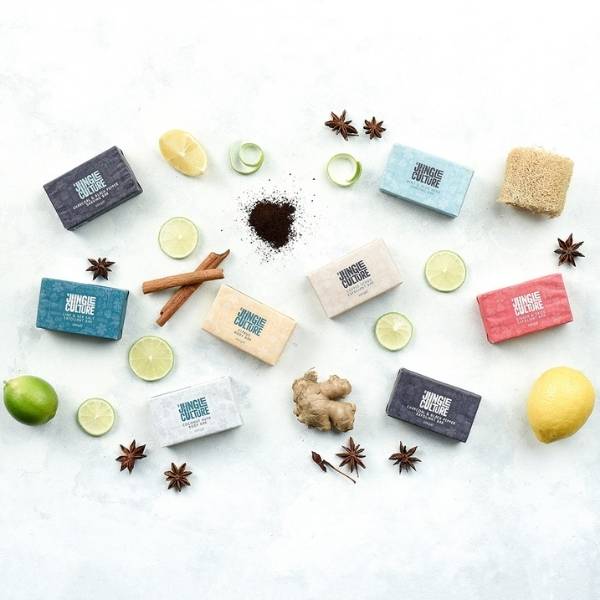
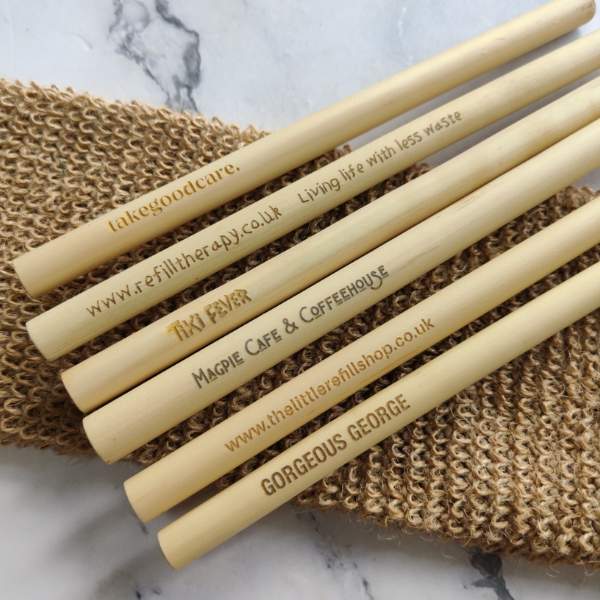



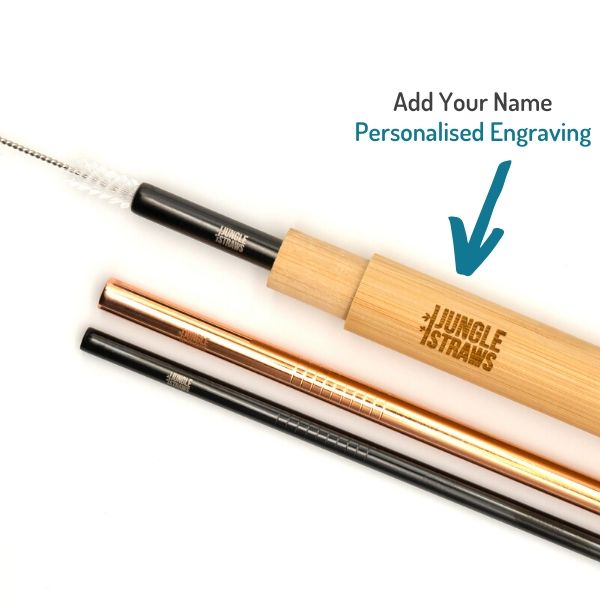
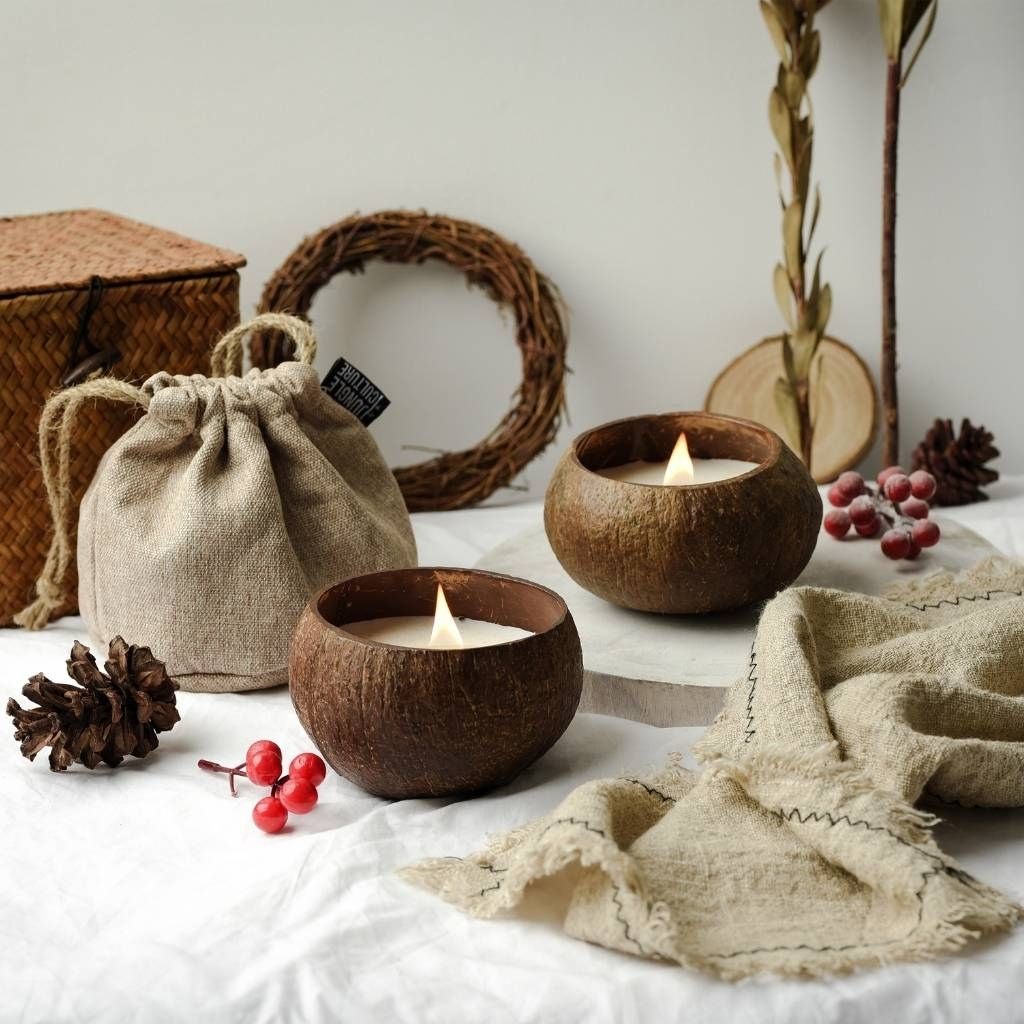



Jungle Culture
July 31, 2024
Hi There!
Thanks for your comments and sorry to hear about the issues you’re having making candles with our bowls.
The coconut shells that we use to produce candles are specially selected due to their thicker, less mature husk. Our bowls on the other hand are made from mature coconuts, making them wider and more suitable for containing food.
Some candlemakers do use our bowls as candle receptacles, but unfortunately we cannot guarantee that every bowl will be suitable as this is not their intended purpose.
If you do want to use our bowls to make candles, then we recommend a cautious approach.
Thanks!
Jungle Culture